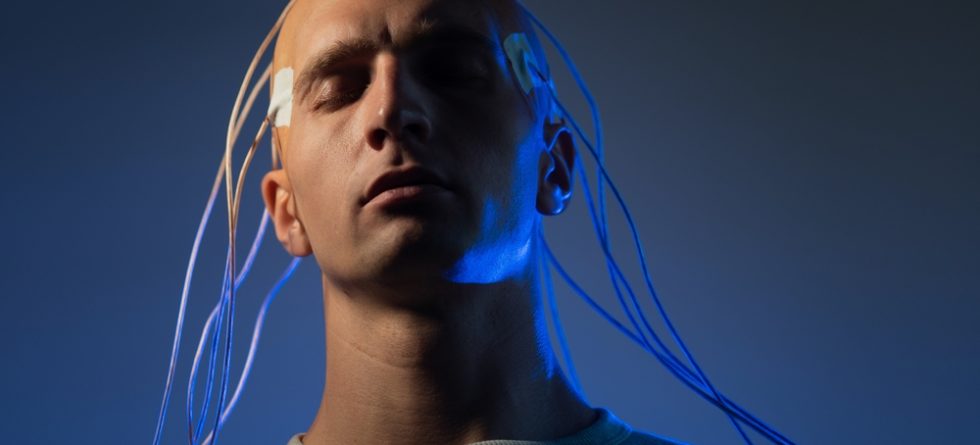When your brain tells you things that aren’t true, it’s often a result of cognitive distortions, which are ways our mind convinces us of something that isn’t really true. These inaccurate thoughts are usually used to reinforce negative thinking or emotions, telling us things about ourselves, others, or the world around us that are not accurate.
There are several reasons and mechanisms behind why this happens…
- Negative Bias- The brain tends to pay more attention to negative experiences than positive ones. This survival mechanism helps us avoid danger, but it can also lead to a distorted view of reality that focuses more on the negative.
- Emotional Reasoning- Sometimes, we believe something is true because we feel it strongly, regardless of the evidence. For example, feeling like a failure despite accomplishments.
- Cognitive Distortions- These are common patterns of negative thinking, such as ‘black-and-white thinking’ (seeing things as only good or bad), ‘overgeneralization’ (taking one example and generalizing it to everything), ‘catastrophizing’ (expecting the worst-case scenario), and ‘mind reading’ (believing we know what others are thinking).
- Memory Biases- Our memories are not perfect recordings of past events. Our current moods, beliefs, and other memories can influence them, leading us to remember things inaccurately.
- Stress and Anxiety- High levels of stress and anxiety can affect our thinking and perception, leading to more harmful or distorted thoughts.
- Mental Health Conditions- Certain mental health conditions, such as depression, anxiety disorders, and psychotic disorders, can significantly influence the way we perceive reality, leading to thoughts that are not in line with actual events or logic.
- Social and Environmental Influences- Our environment and culture can also shape our perceptions and beliefs, sometimes leading to distorted thinking if those influences are based on misinformation or biased viewpoints.
Understanding these mechanisms is the first step in addressing and challenging these thoughts. Techniques such as cognitive-behavioral therapy (CBT) are designed to help individuals recognize and change these distorted thinking patterns. Find that these thoughts are significantly impacting your life. It may be beneficial to seek support from a mental health professional who can provide strategies and interventions to manage them.





